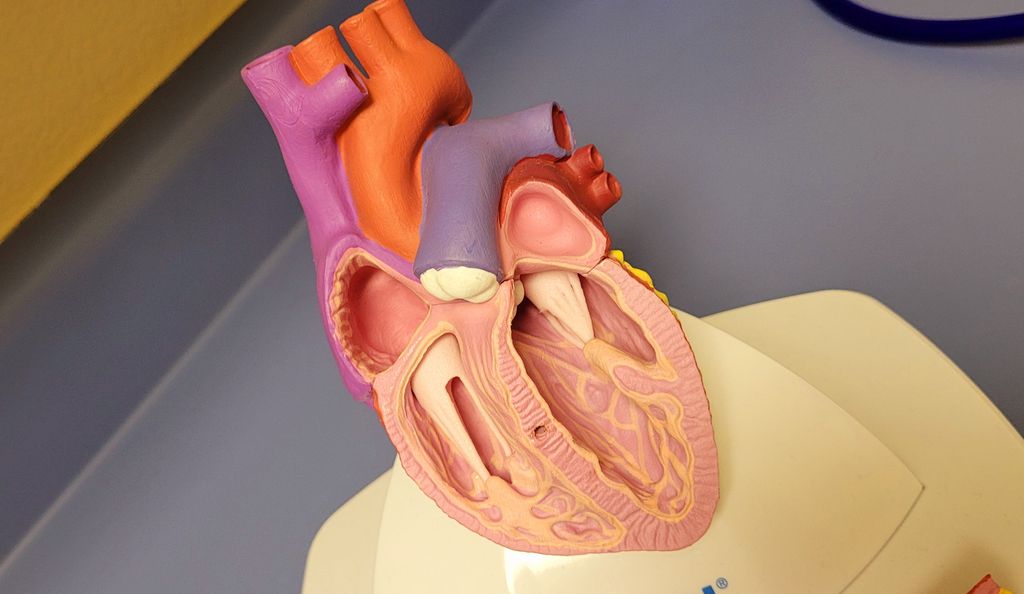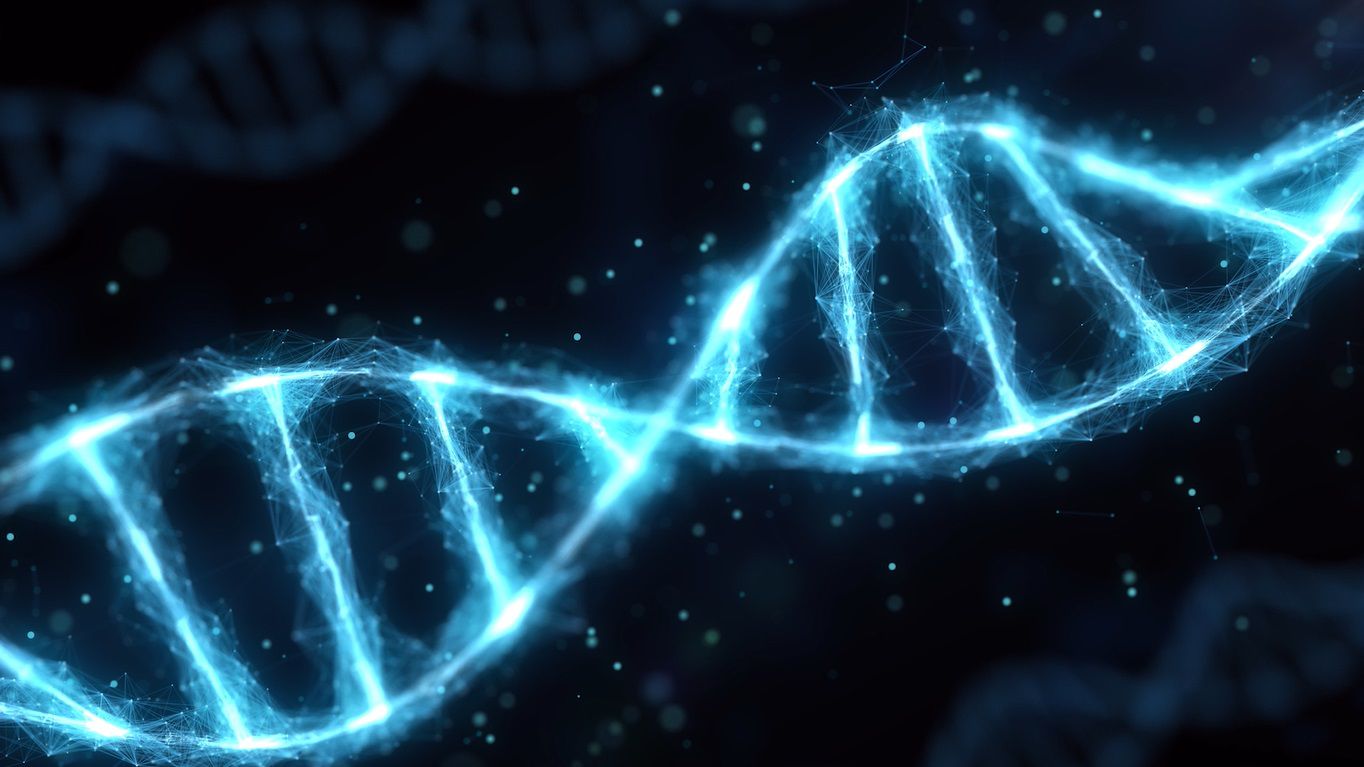To develop a new medical treatment, a testing process is necessary that takes years and is surrounded by countless uncertainties. It is at this crossroads that North American biotech company Verve Therapeutics finds itself, after the death of a volunteer during clinical studies of a new gene therapy to treat high bad cholesterol, also known as low-density lipoprotein (LDL).
The patient died of a heart attack (infarction) five weeks after receiving the experimental treatment VERVE-101, which uses the CRISPR method. In addition to this case, another volunteer had a heart attack one day after treatment, but did not die. The other eight patients in the phase 1 study had no serious adverse effects, according to an article in the journal Nature.
Evaluation of treatment safety
Despite these events, it is possible that gene therapy testing will continue. According to the opinion of an independent safety board, the selected participants were very likely to experience these complications due to excessively high levels of bad cholesterol and other previously diagnosed heart diseases. In the specific case of the patient who died, he would not have told doctors that he had chest pain before starting treatment.
To understand what the Board means by the already known risk of complications, it is necessary to detail the peculiarities of the individuals recruited for the study. All 10 participants had a genetic disease known as heterozygous familial hypercholesterolemia (HeFH), which is capable of naturally increasing LDL levels from birth.

For example, the participants’ average low-density lipoprotein (LDL) was 193 mg/dL, the recommended level of less than 100. In addition, they were diagnosed with some advanced coronary heart disease.
Understanding gene therapy
To correct excessively high LDL levels in the blood, without having to take medications like statins every day of your life, the biotech company has developed this potential treatment. The treatment permanently disables the active gene in the liver called PCSK9, which is the gene responsible for controlling bad cholesterol levels.
Regardless of the harmful effects, gene therapy has proven successful. After one injection of the treatment, patients’ LDL levels dropped by 55% when analyzed 28 days later. In the first six months, the rate remained low. In total, they will be followed for 14 years to understand how long this effect lasts, and whether other safety issues arise in connection with the treatment.
Currently, the company expects to continue testing the experimental treatment. The second phase of clinical studies is scheduled to begin in 2025, if nothing changes. However, a new assessment of the benefits and risks regarding this treatment is possible. This is because “simpler” drugs are also under development.
In contrast to this case, the UK has just approved the first gene therapy using CRISPR to treat sickle cell anemia and beta thalassemia. Type I approval was achieved with this technology.
source: nature

“Wannabe internet buff. Future teen idol. Hardcore zombie guru. Gamer. Avid creator. Entrepreneur. Bacon ninja.”

